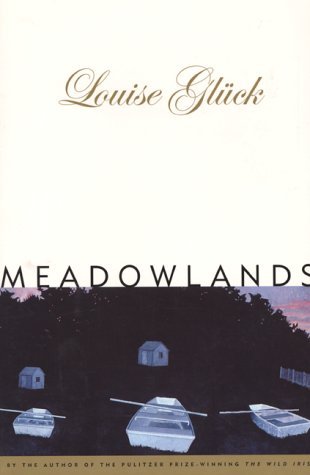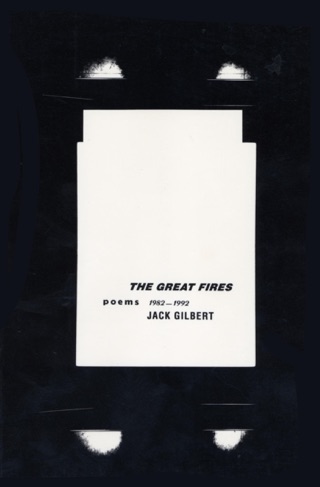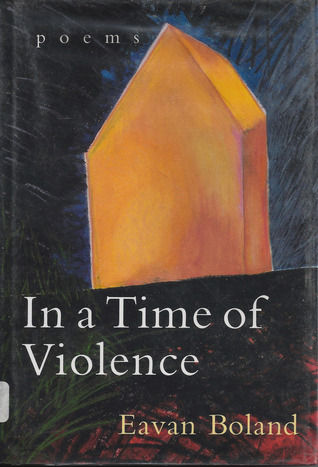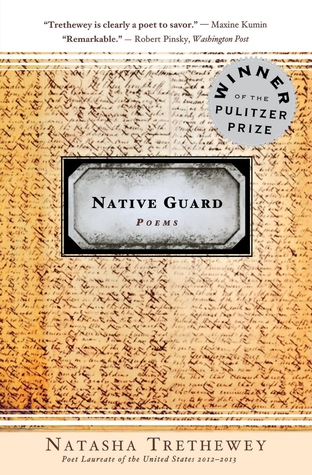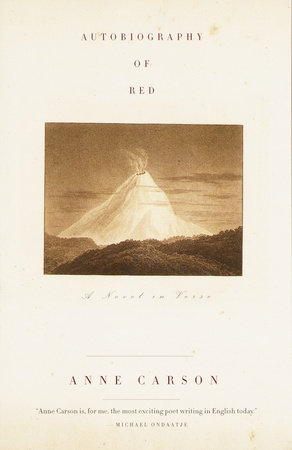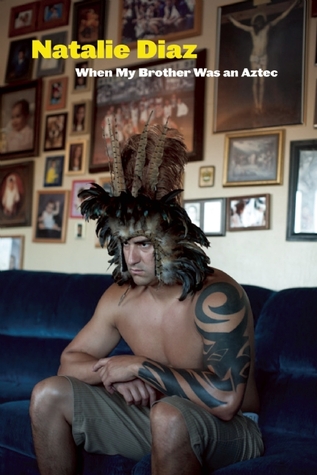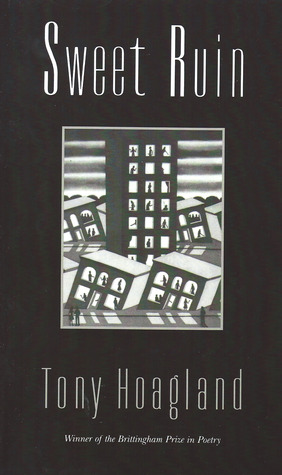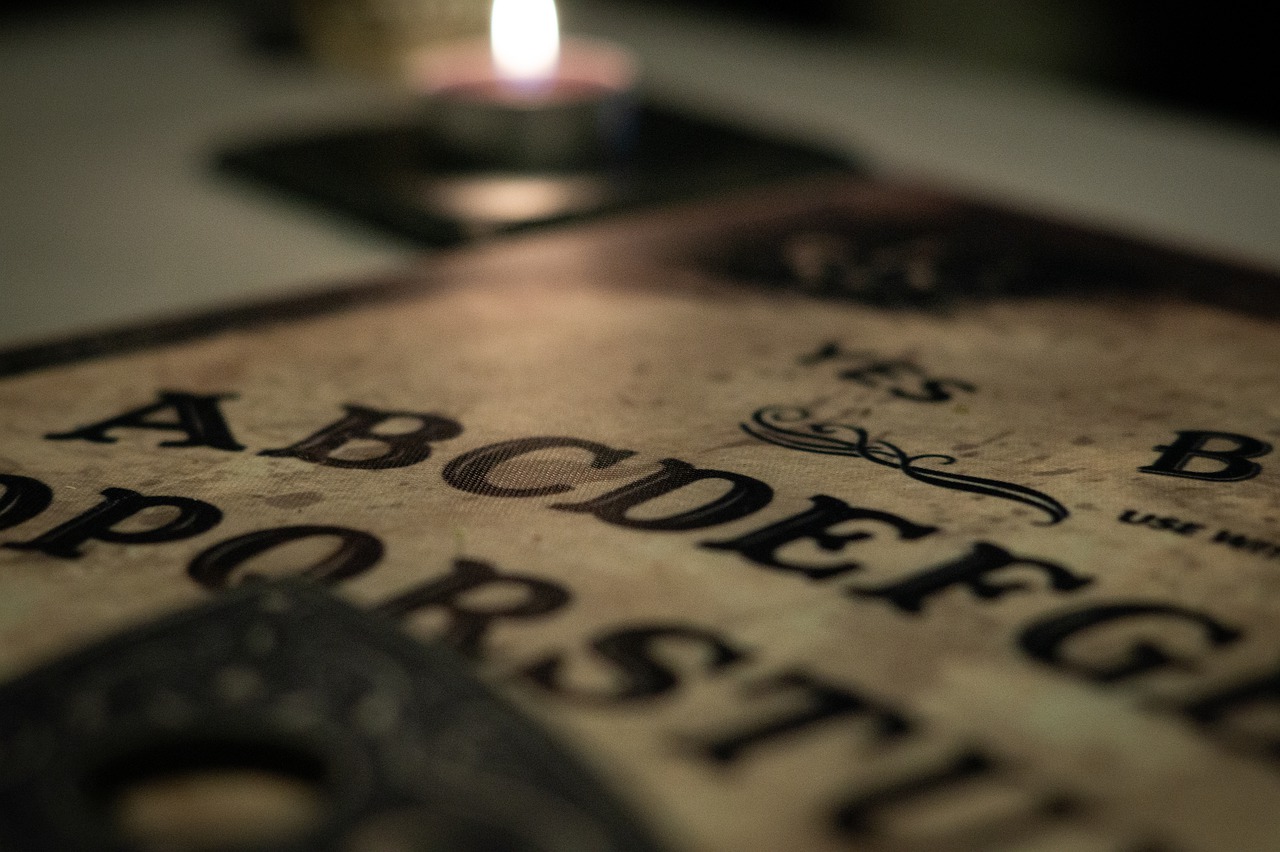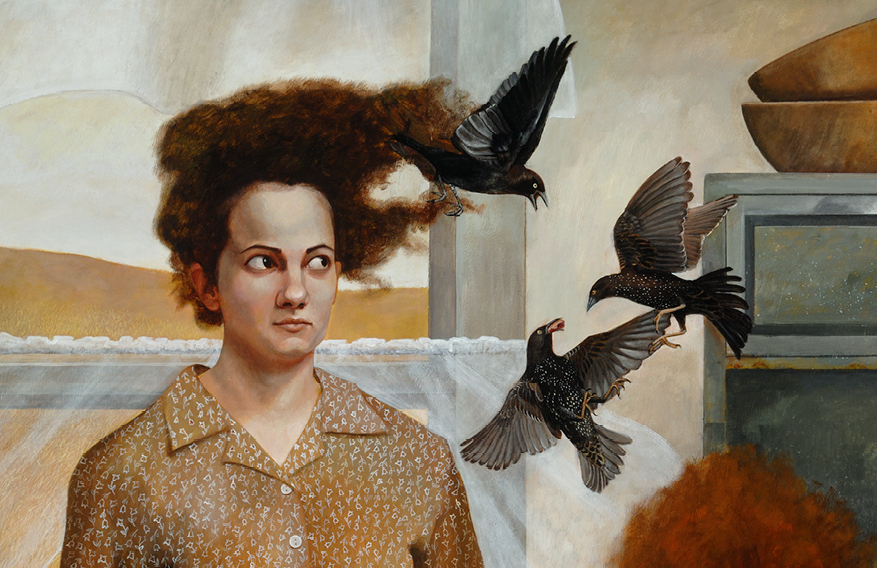Reading Lists
10 Contemporary Books of Poetry That Use Mythology
Jeffrey Thomson, author of "Half/Life," recommends poets who adapt the classics to the modern era
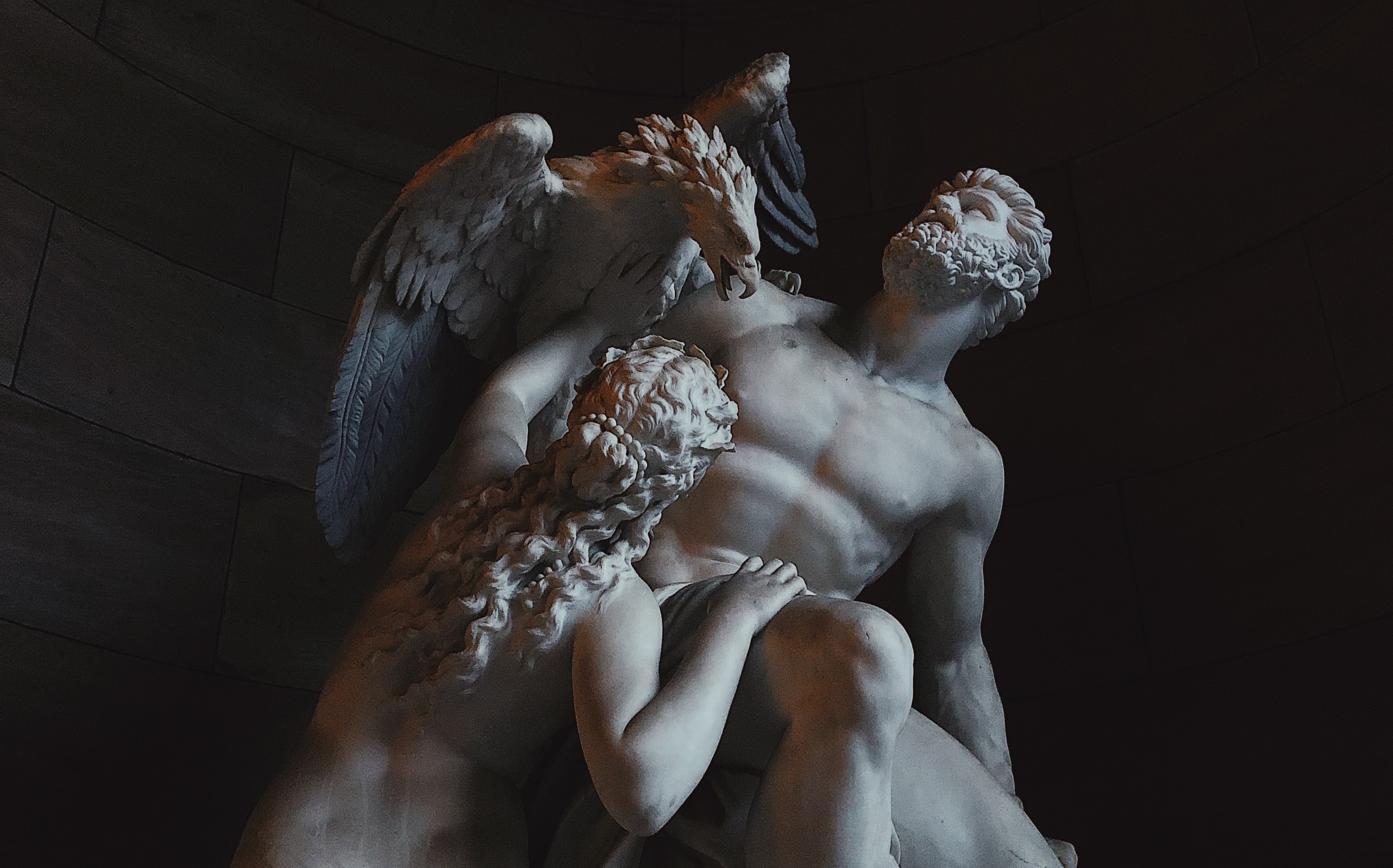
Why do poets turn and return to myth? Why do we find these stories compelling? So compelling that there is currently a Tony-award-winning rock opera, Hadestown, that retells the story of Persephone as a commentary on modern love, income disparity, racial division, and wall-building.
Maybe it is because, as Roberto Colasso says in his remarkable compellation of myth and story, The Marriage of Cadmus and Harmony: “Mythical figures live many lives, die many deaths….But in each of these lives and deaths all the others are present, and we can hear their echo.” Myths are beautiful muddles and wonderful mirrors in the tangled funhouse of literature where we might glimpse ourselves once more, again and again.
When I was putting together the poems from my previous five books for Half/Life: New and Selected Poems, I noted the myths that I returned to again and again. I noticed the stories I value and echo: Achilles and Hector, Dionysus, Agamemnon, Penelope and Odysseus. These stories are a vector into something deep and complicated. They are a complicated tapestry woven with all the wonders of language and self. For me, each time I return to them I find a new thread in the weaving, a new entrance, a new song.
Here are a few books of poems that keep telling the stories we need to hear.
Meadowlands by Louise Glück
Louise Glück is one of contemporary poetry’s most accomplished retellers of myth. She has examined Achilles and Patroclus, Dante, and much more. In Meadowlands, she casts her potent gaze on Odysseus and finds a one-man wrecking crew who leaves damage and distrust in his wake. Glück weaves the story of a contemporary (perhaps her own?) marriage into the weft of Odysseus trying to return to Penelope. In doing so, she shows us the heroic resilience of the ordinary and the ordinary damage of heroism.
The Great Fires by Jack Gilbert
Jack Gilbert is Orpheus. Orpheus bereft, without Eurydice. Orpheus alone and singing. He is Orpheus who has seen the underworld and cannot stop seeing it. Loss is his subject and the songs he sings from the death of his beloved wife cannot be unheard. The great fires that fill our lives are at once desire and damage and, as Jack Gilbert tells us, there is no way to have one without the other.
In a Time of Violence by Eavan Boland
Boland puts myth inside the domestic pastoral. The stories of Ireland and Greece come to life inside her small suburban cul-de-sac, and thus the past becomes the present. Her teenage daughter on the floor with her magazines becomes Persephone—the child lost to the underworld—just as she was once, as an Irish child adrift in the mist of England. That means that, in turn, she must become Demeter, the mother bereft. So, the cycle continues, because as she asks, “what else / can a mother give her daughter but such / beautiful rifts in time?”
Native Guard by Natasha Trethewey
There are the myths we tell ourselves as storytellers, and then then are the myths we tell ourselves about ourselves as a country. Those stories that make us feel better about who we are. And the stories we tell don’t. Because they don’t. An inventive formalist, Natasha Trethewey exposes the mythic tragedy of our common language and our shared history. In poems that make use of ancient stories and the newest forms of the American language—blues and jazz—she honors her own family and the forgotten history of the South.
Autobiography of Red by Anne Carson
Reading Anne Carson makes me want to start my life over and become a classicist. Under her eye, the world of myth becomes as rich and real as any cinematic universe Marvel might invent. In this collection, Carson retells the story of a love-lorn Geryon (a damaged, lost boy/red-winged monster) who pines for release and finds it in photography and a young man named Herakles. Called a novel-in-verse, Autobiography of Red is really a critical study of a lost Greek myth from the ancient Greek poet Stesichoros combined with a contemporary gay-love-triangle—and because Anne Carson wrote it, it all makes sense. Perfect, beautiful sense.
When My Brother Was an Aztec by Natalie Díaz
Natalie Díaz knows that myths aren’t just stories we tell. They are ways of seeing. And being seen. What we see in her poems is a vast jamboree of mythic figures and voices—Persephone and Barbie, Huitizilopochtli and Jesus—who come and go and toss themselves into a juke-joint of poetic forms unleashed. In a book that is party elegy, part cornucopia of form and character, Diaz wanders the North American west, slipping between cultures and languages and finding the the convergence between seemingly incompatible worlds.

Unearth by Chad Davidson
Davidson is a new Odysseus. He’s a traveler and a wanderer who finds the stories of our damaged world—from the loss of his mother to the labyrinthian back-alleyways of Rome wet with black rain—and brings them back to our lonely Ithacas. He is the Odysseus who has heard the terrible and lovely songs of the sirens and lived to tell the tale. He brings us the spoils and the salvage—beautiful rage and elegant despair—because, as he tells us, “Disasters also tell us stories.”
Duende by Tracy K. Smith
Duende is dark and mystery, according to Lorca. It is shadow-power of the artist who both creates and consumes. For Smith, duende lives in story and in myth. In the quiet language of the people. In resistance. Like a spare and modern Ovid, the voices of her characters blend and transform into one story of the unheard, the silenced, and the forgotten.
The Spirit Level by Seamus Heaney
Heaney is one of the great re-tellers of our age. He can take an old tale (like a house you thought you knew) and find a new window or even a whole new room in it, never noticed before. A secret life. Just as he did with his translations of Beowulf, he recreates the past so that it is clearly very much the present. In his long retelling of Aeschylus’ Orestia, he puts us in a walled city beset by trouble—a city that might as well be Derry, Northern Ireland—where there is “No such thing/ as innocent bystanding” and hate, love, and violence all blend as one.
Sweet Ruin by Tony Hoagland
Tony Hoagland’s gift is to make myth as modern and contemporary as a trip to the mall. He is our Homer of irony and wit, cataloging the way the modern self—in its various forms—confronts its own losses and failures in stories large and small. He takes the Homeric simile—that long, drawn out comparison where Homer gets to talk about what is really important to him—and through it Hoagland shows us the hidden mythology at the thorny, mixed-up syncopated heart of ruined America.





